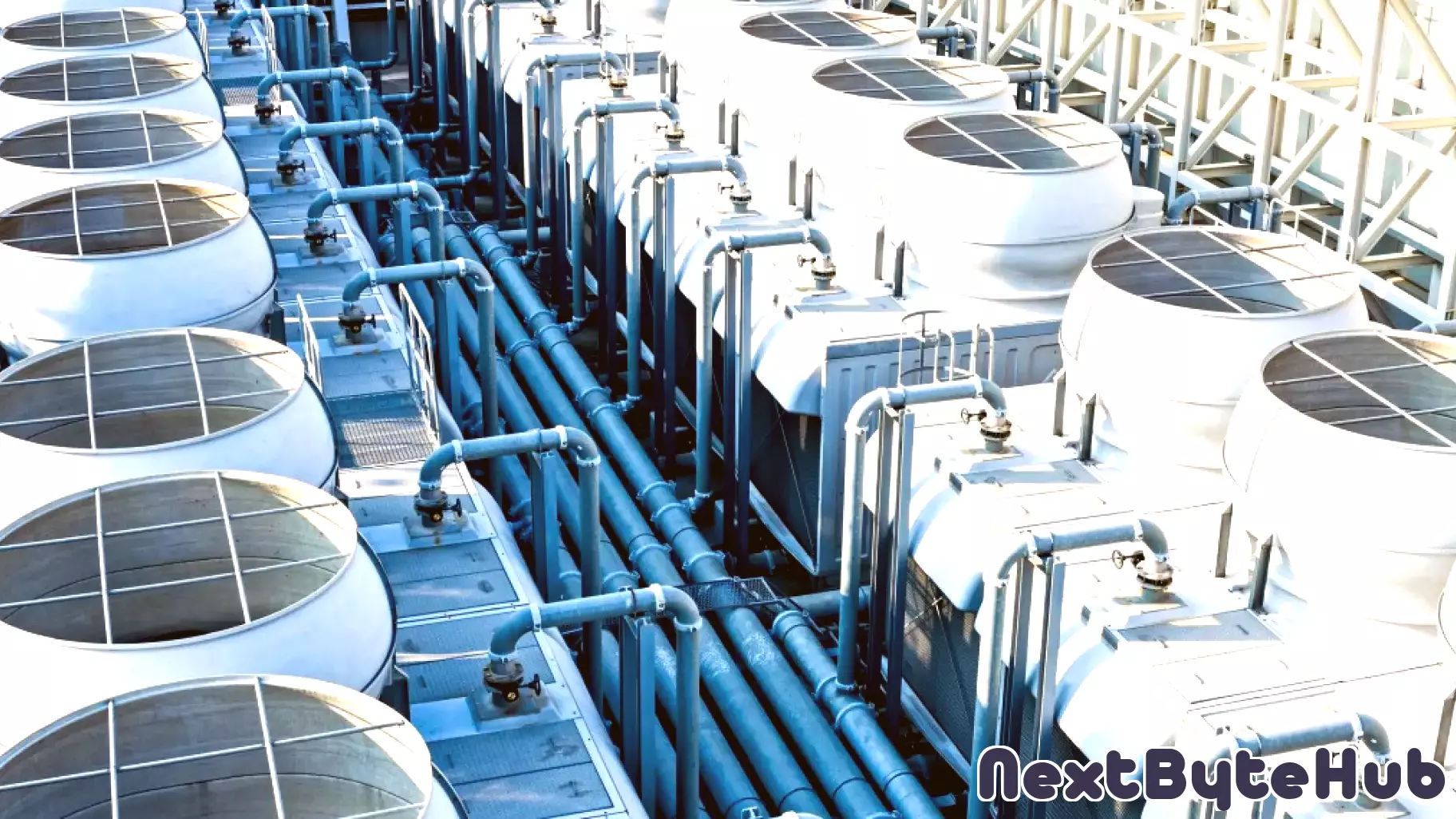Rethinking Energy Consumption: The Hidden Costs of Air Conditioning
April 3, 2025 - 15:39

As global temperatures continue to rise, the demand for air conditioning has surged dramatically, becoming a significant contributor to energy consumption. While data centers often receive attention for their energy needs, it is the cooling systems in residential and commercial buildings that pose a more immediate challenge.
Air conditioning units account for a substantial portion of electricity usage, particularly during peak summer months. This increased demand can strain power grids, leading to outages and higher energy costs. Moreover, the environmental impact of air conditioning is profound, as many units rely on refrigerants that contribute to greenhouse gas emissions.
To address these challenges, experts advocate for a shift in focus towards energy-efficient cooling solutions. Innovations such as smart thermostats, improved insulation, and alternative cooling technologies can help mitigate the energy demands of traditional air conditioning systems. Public awareness and policy changes are essential to promote sustainable practices and reduce the overall impact of cooling on our environment. The conversation around energy consumption must expand to include these critical aspects of air conditioning, ensuring a more sustainable future.
MORE NEWS

February 3, 2026 - 03:14
Wake Schools considering new internet filtering, monitoring technologyIn response to growing concerns from students, staff, and families, the Wake County Public School System is actively considering the adoption of new internet filtering and monitoring technology....

February 2, 2026 - 18:16
From Veteran to Higher Education Leadership: Insights into the Technology FieldDr. Mark McKinney, a veteran and Dean of the College of Computer Information and Technology (CCIT), is applying the discipline and strategic perspective forged in military service to the evolving...

February 2, 2026 - 02:32
North America’s top computer vision scientist Liang Jie returns to ChinaDr. Liang Jie, widely recognized as one of North America`s foremost computer vision scientists, has concluded his tenure abroad to join a leading Chinese university. The move marks a significant...

February 1, 2026 - 20:14
How to Apply the 'Tyrant Test' to TechnologyA provocative new concept is emerging in legal and technology circles, urging the public to scrutinize the gadgets and platforms they use daily through a stark lens: could this technology be easily...